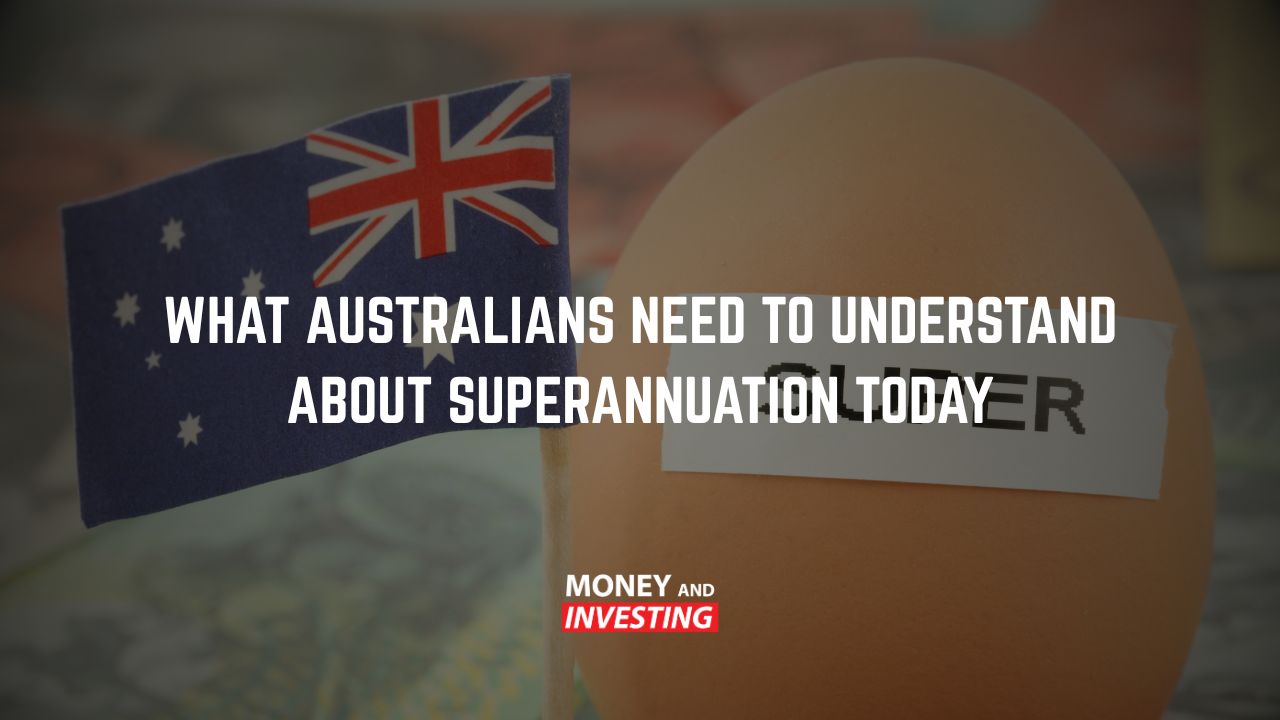To get start a robust financial plan from a young age is the way to set yourself up for long-term success. Often, those in their 20s and 30s neglect the importance of their finances. wWen in reality – starting young can accelerate your wealth building if you know what you are doing.
Tip #1: Spend less than you earn
Spending less than you earn is a practice that many people in their 20’s and 30’s often forget to implement. This may be something as simple as setting up a savings account and putting a percentage of your wage in that account each time you get paid. It can even be setting yourself savings goals for each month. The fact of the matter is, the odds are stacked against young people with the overriding social pressure of having to look a certain way or drive a certain car. By altering your mindset to a more horizon focus that has some real goals. Even in your 20’s you can stop living pay cheque to pay cheque and start getting richer than your friends.
Tip #2: Have a side hustle
Once you’ve mastered tip #1 for a while, you should have some decent amount of money sitting dormant in your savings account. Now, the trick is to get your money earning money through investing. As a young person in their 20’s or 30’s without kids or a mortgage, you can afford to have a higher risk tolerance – because with risk, comes reward. If something goes wrong, you have your whole lifetime ahead of you to make it back. As host Andrew Baxter recommends, the best places to invest for such age group is in ETF’s or CFD’s to get the wheels turning and start earning a return. The trick is involving yourself with something that’s growing, because simply holding cash at the bank will only make you go backwards.
Tip #3: Get yourself into the property market
As you start to move into your late 20’s or 30’s, you should hopefully have somewhat of a deposit ready to purchase your first property. Let’s be clear on this – your first home may not be the kind of house you want to live in long-term. And it may not be in the flashiest area of your city. Your first home should serve as a benchmark where you are gearing up your money into a real, income producing asset. Fundamentally, host Andrew Baxter says your first home should functional. It should be something you can afford, and something useful to fuel your wealth long-term. This is about to get skin into the game.
Tip #4: Get your Super sorted
Unless you want to be working until you are a thousand years old, then you need to start taking action early on in your 20’s and 30’s. Let’s face it, talking about Super isn’t fun and nor should it be. It requires the help of experts to make sure all the complicated parts are actually simple. As such, getting yourself into the self-managed superfund space is pivotal if you want to start creating wealth early. By putting $25,000 into your Super each year tax free, you reduce your taxable income. Do this as quickly as possible. You only get time working for you when you start.
Tip #5: Divert Debt
Once again this may seem quite trivial, however, diverting debt should be a no brainer for anyone in the wealth building space. The trap is as you start to make more money or pool income with your long-term partner into your 30’s, you may tempt to upgrade cars, clothes and all the rest. Don’t get us wrong, we are massive advocates for having good debt – debt that is tax deductible and will make your structure more effective. Albeit, bad debt that you simply just have to cop sweet (like a credit card) must be diverted at all costs. You want to be rich – not look rich.



